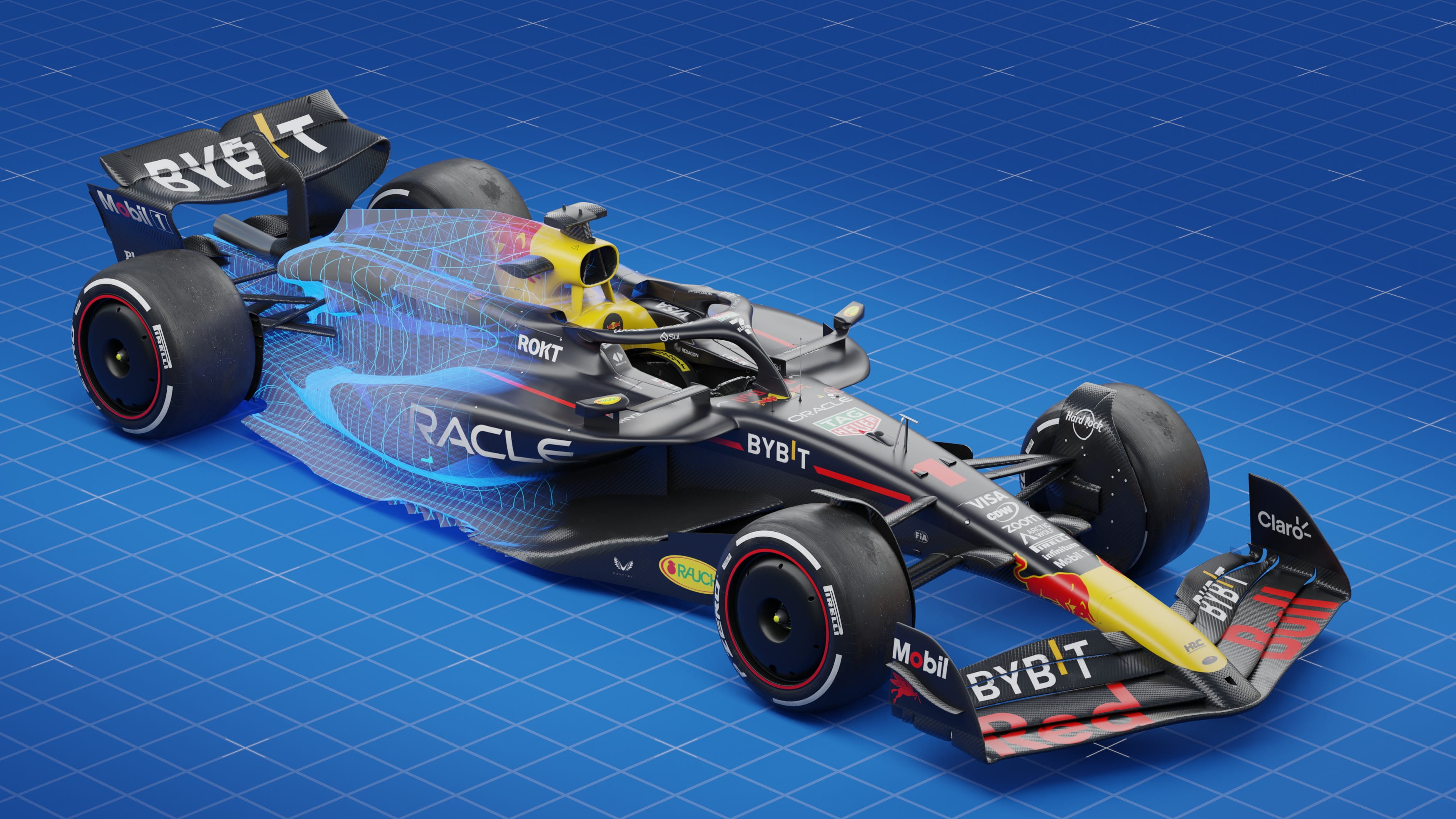Career
Formula 1 careers: How I made it to F1 – and what it’s like working in motorsport
by Gemma Hatton
9min read
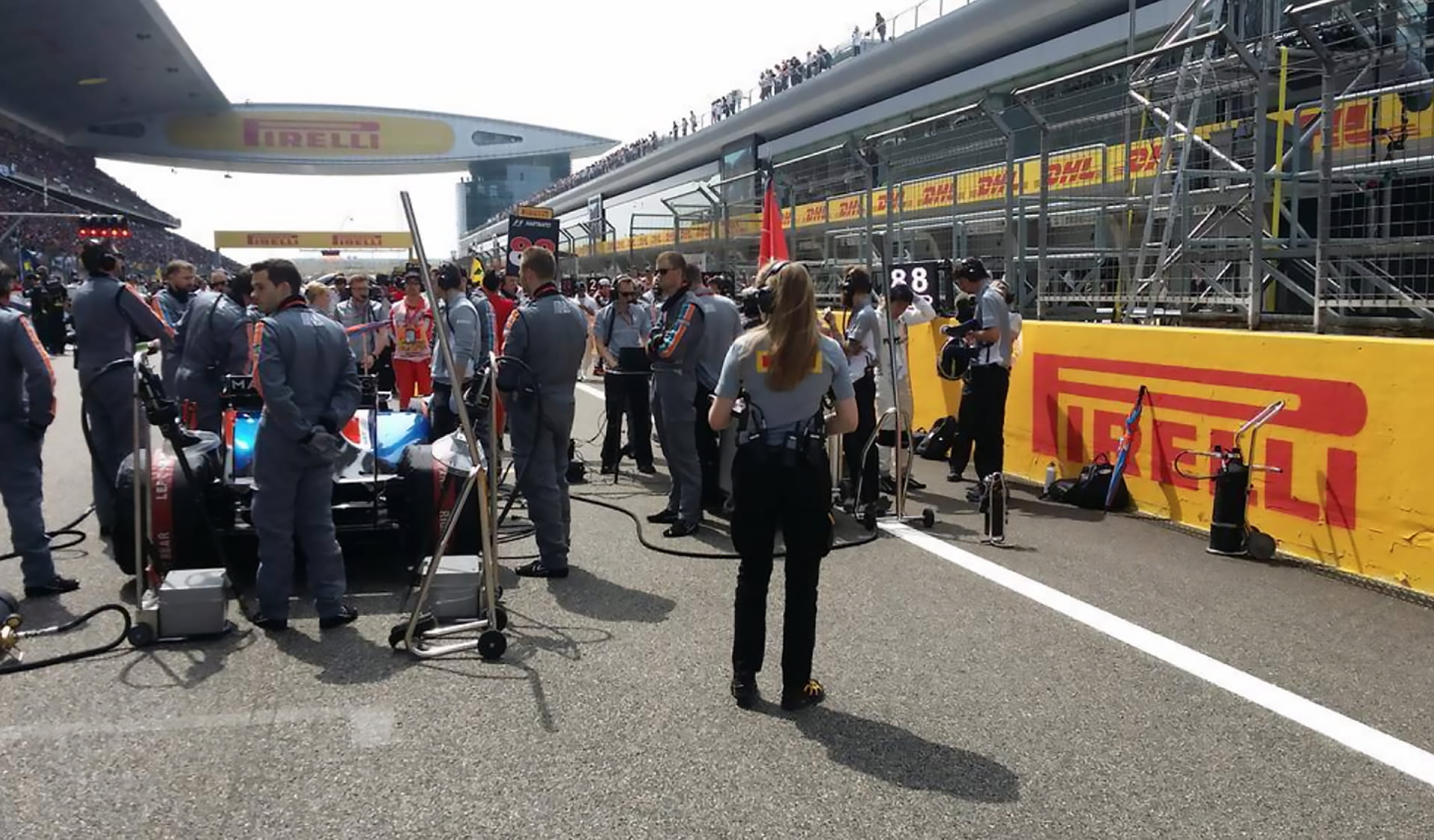
Your gender, race or background should not matter in motorsport. If you are the best at your job and have a passion to win, then motorsport is the industry for you. That’s why I believe the lack of diversity in motorsport is not a conscious trait, but a result of motorsport failing to reach women and minorities over the last few decades.
Thankfully, programmes such as F1 in Schools, Girls on Track and the Hamilton Commission are playing an important role in encouraging people from all backgrounds to join the motorsport community. The more people who know about our industry, the more likely they will want to be part of it and the more diverse racing will become. With more diversity comes more ideas, better teams, and a better industry as a whole.
What is it like working in Formula 1?
From my experience, Formula 1 is an intense but exhilarating environment where you are constantly pushed out of your comfort zone. This is further amplified when working trackside as jetlag and time zones are also thrown into the mix. Although stressful, this develops your skills and knowledge at a lightning pace.
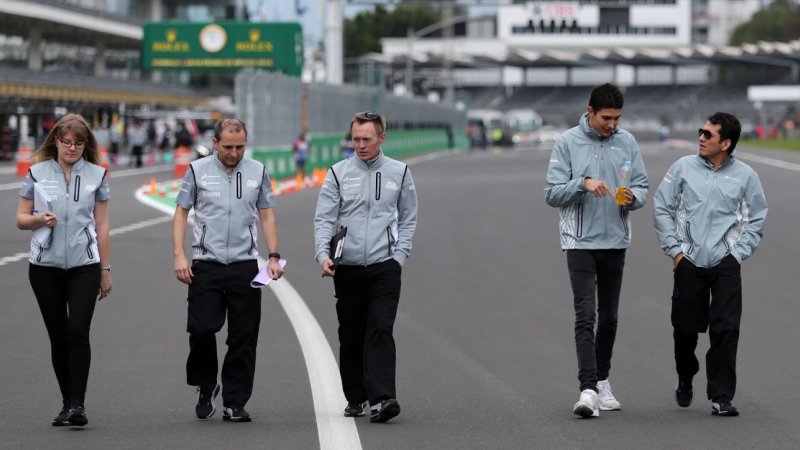
It can be daunting being female in a male-dominated industry
The biggest challenge, however, is balancing the paradox between perfection and reality. As an engineer, you are trained to interrogate every detail of a design, test it and then make it better. Yet the relentless F1 calendar does not facilitate this pursuit for perfection. Instead, you have to learn the art of prioritisation and compromise because before you have digested the learnings from the last race, it is time to start predicting what will happen in the next one.
Being a female in a male-dominated industry also brings its challenges. In all the teams I have worked with, my male colleagues have been nothing but supportive, but the simple fact of being the only girl in the room can be daunting and lonely.
To gain the respect of the engineers and mechanics, my approach was to work as hard as I possibly could. I was always one of the first in the office, and one of the last to leave. I made sure to help the mechanics with pack-up and even did weight training so that I could lift tyres on my own. This worked well and allowed me to joke around with my colleagues over lunch, whilst being taken seriously when telling them to measure tyres during a race.
continues below
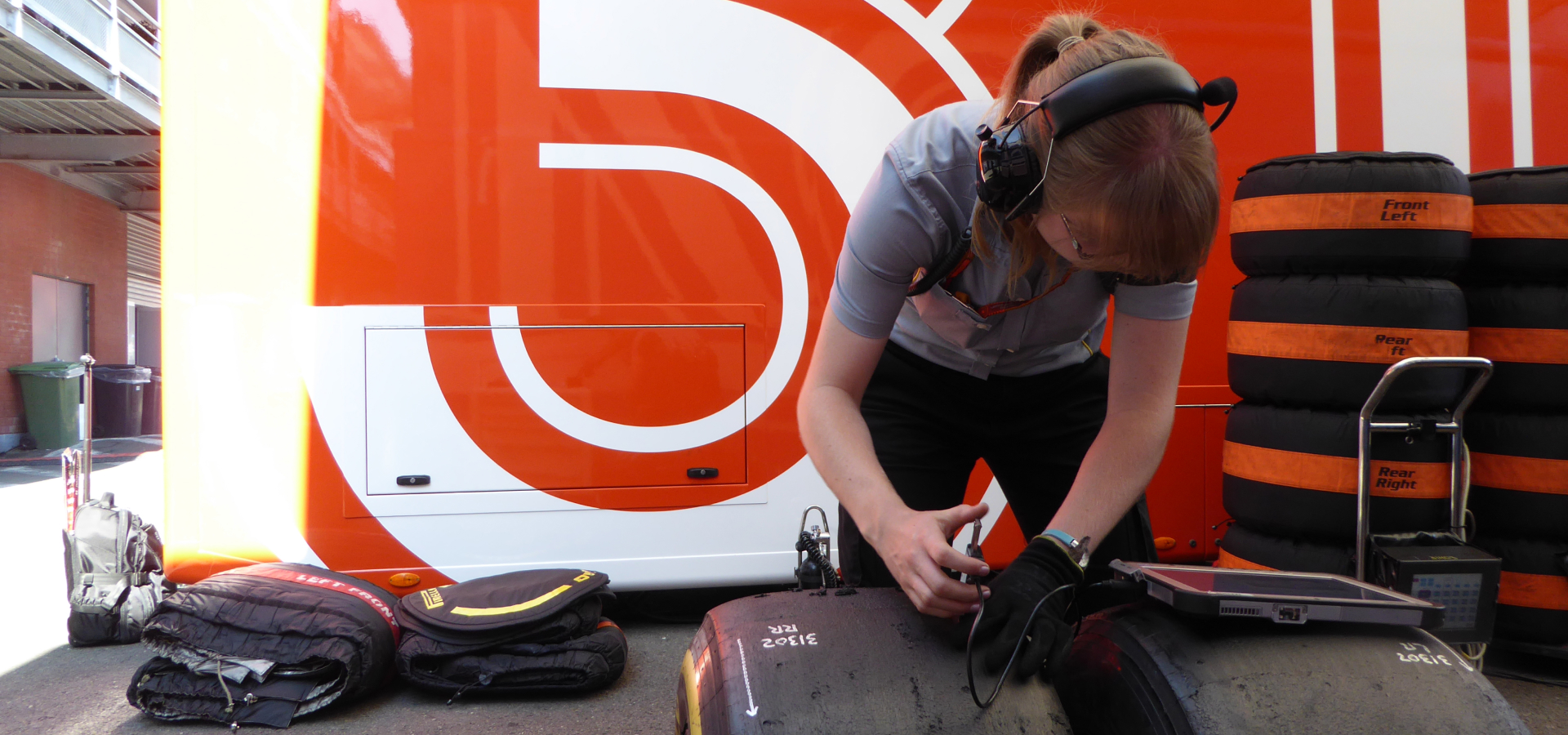
Immersing yourself within a team is the fastest way to learn
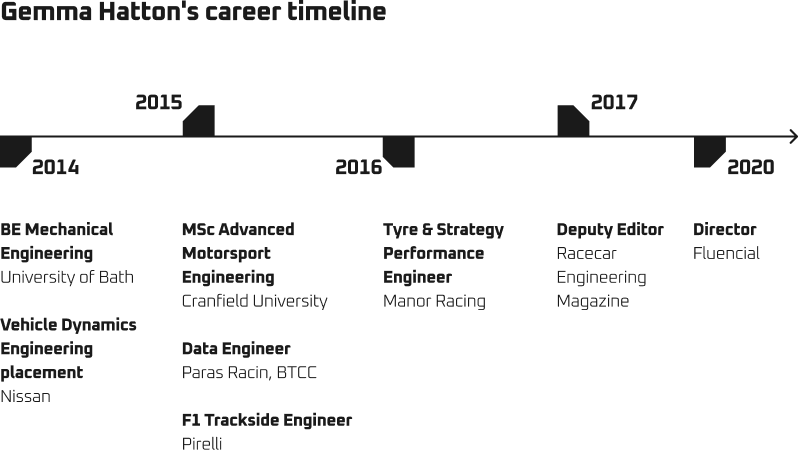
My journey to F1
My career trajectory so far has been rapid. I first worked trackside at the age of 22, made it to the F1 pitlane when I was 24, became deputy editor of a technical magazine at 26, and set up my own business when I was 29.
I first decided I wanted to be ‘one of those people with a headset’ at the age of 16 and quickly learned that F1 teams want you to have a degree in something called mechanical engineering. This is a combination of maths, physics and design technology so that’s what I studied at A level.
This unlocked the door to a Mechanical Engineering degree at Bath University and then a Masters in Motorsport Engineering at Cranfield University.
Alongside my studies I was always on the hunt for trackside experience, as I knew that embedding myself in a race team would be the fastest way to learn. This is my top piece of advice for any aspiring engineer – immerse yourself in any team that will have you.
The Blancpain Spa 24 Hours was my first trackside experience, although I’m not sure how useful I was. Regardless, I showed up, worked as hard as I knew how and absolutely loved it. With my passion for trackside confirmed, I then secured another data engineer role, but this time in the British Touring Car Championship.
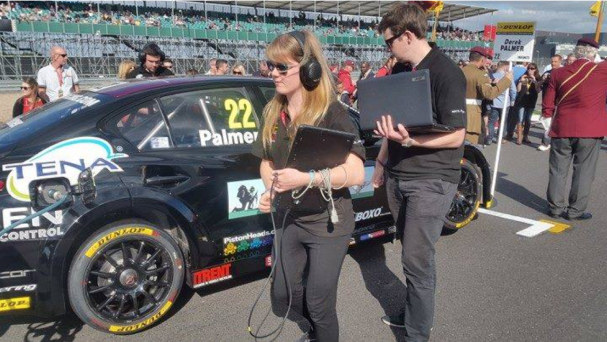
The Spa 24 Hours and BTCC led to F1
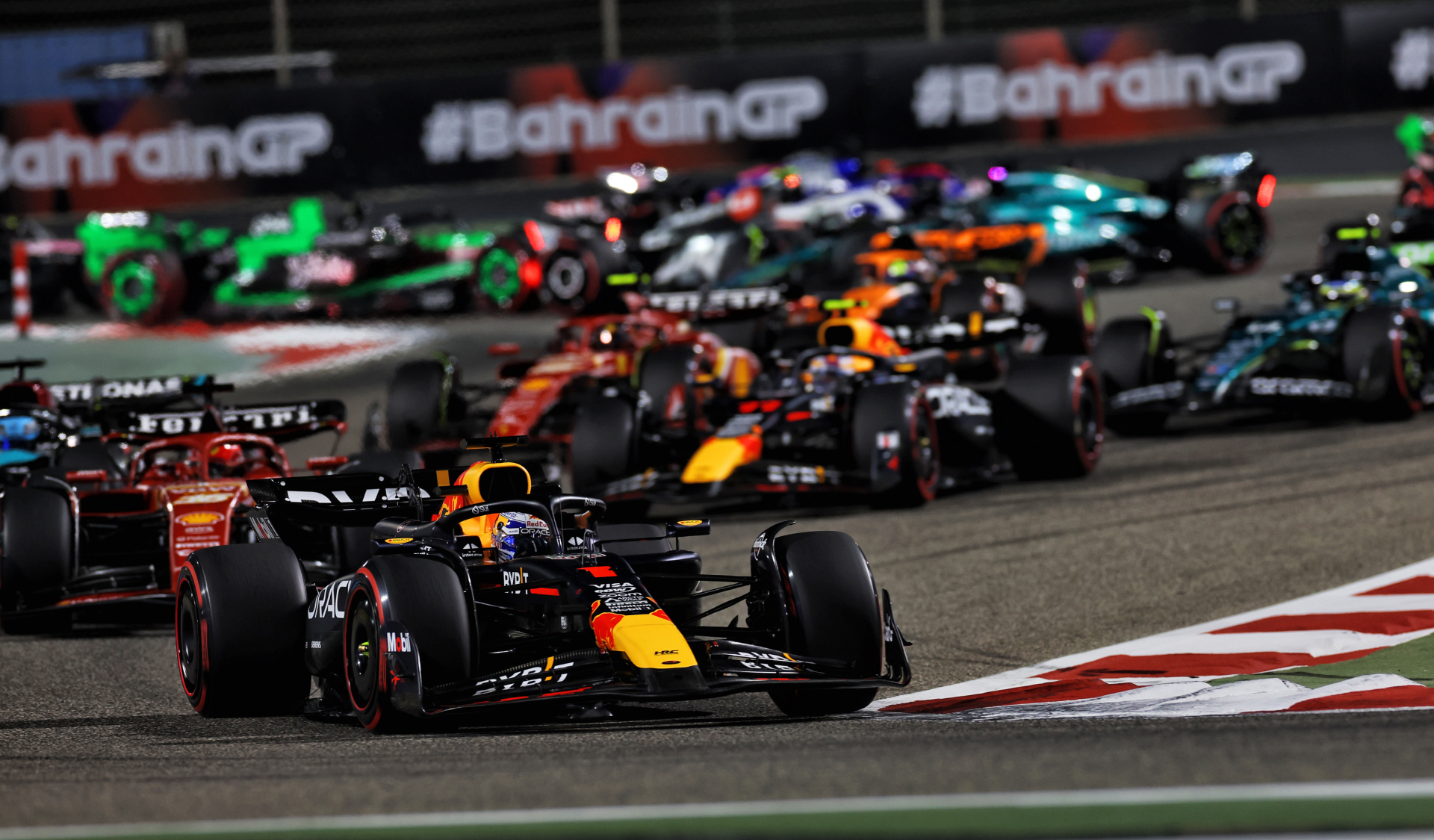
Car
The major Formula 1 technical changes for 2024
After graduating from Cranfield, I applied for many F1 roles and attended numerous interviews but didn’t get the job, until Pirelli came along. In F1, each team is assigned a Pirelli tyre engineer and a tyre fitter who work with the team every race weekend, measuring tyres and analysing data to help the team maximise tyre performance. My team was Manor Racing and some time later, I got the opportunity to switch shirts and become the tyre engineer for Manor Racing.
I had ‘made it’. I was finally trackside, working for an F1 team, directly influencing on-track performance.
Unfortunately, in 2017, Manor went into administration and within a few weeks, I went from the glamorous Abu Dhabi pitlane to sitting in the local job centre. The timing of redundancy, combined with the fact that all the other F1 teams wanted tyre modellers, not trackside engineers meant there was limited opportunity for me in F1.
So, I switched to technical writing and after three years as Deputy Editor of Racecar Engineering magazine, I discovered a niche between engineering and marketing which I believed my unique mixture of engineering knowledge and writing skills could help solve. That’s when I set up my own technical writing business, Fluencial, which helps companies promote their technology and expertise through technical articles, case studies and white papers.
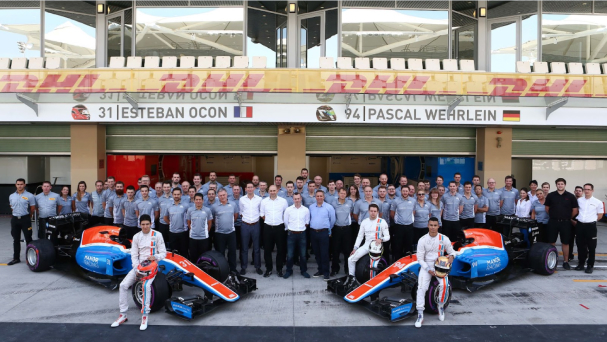
Manor went into administration in 2017
How can we encourage more females into motorsport?
I believe there is a simple, yet powerful tactic that can make a real difference: exposing girls to motorsport from a young age. This can be through STEM subjects, motorsport-specific programmes or unbiased parenting.
Once my parents saw my enthusiasm for F1, they fully embraced it, and watching the race together as a family became part of our weekend routine. I made it into F1 and my brother is currently working in Formula E.
So, if you have a daughter, encourage her to watch an F1 race. Get her to help you change the engine oil in your car. Take her to your local karting track for her birthday. Give her the opportunity to become interested in cars and how they work, because one day that spark might lead her to make a real difference within motorsport.

